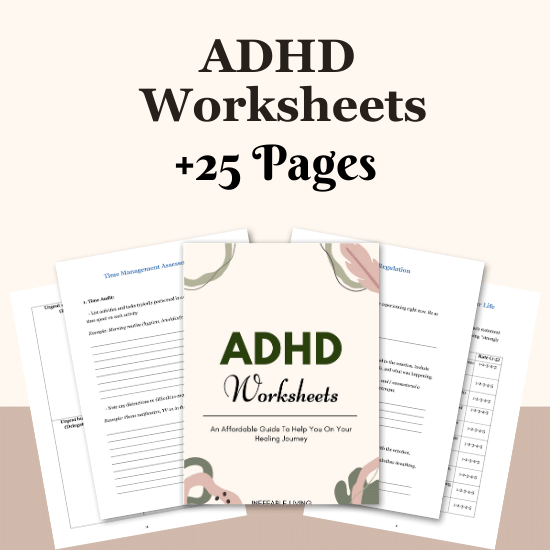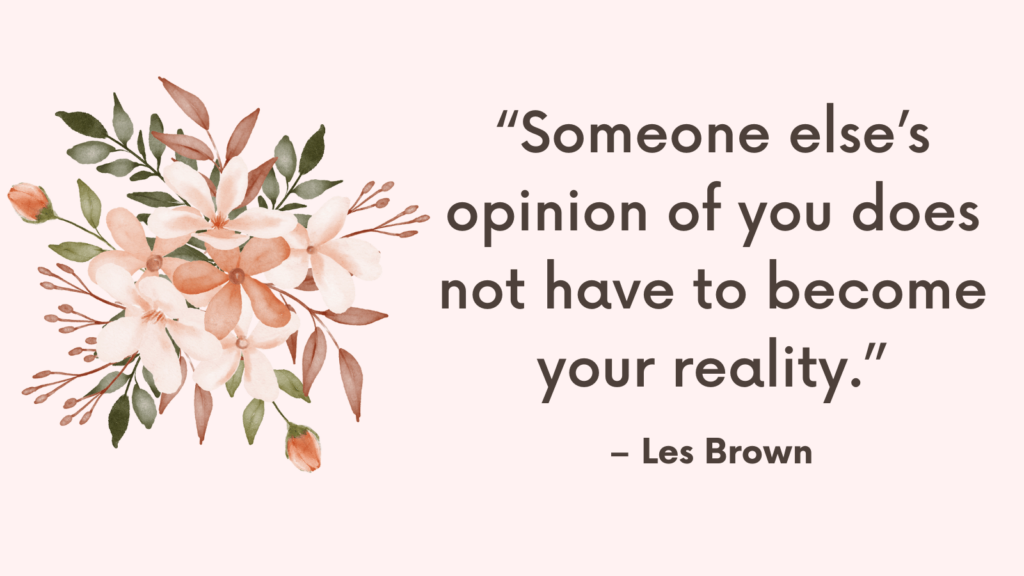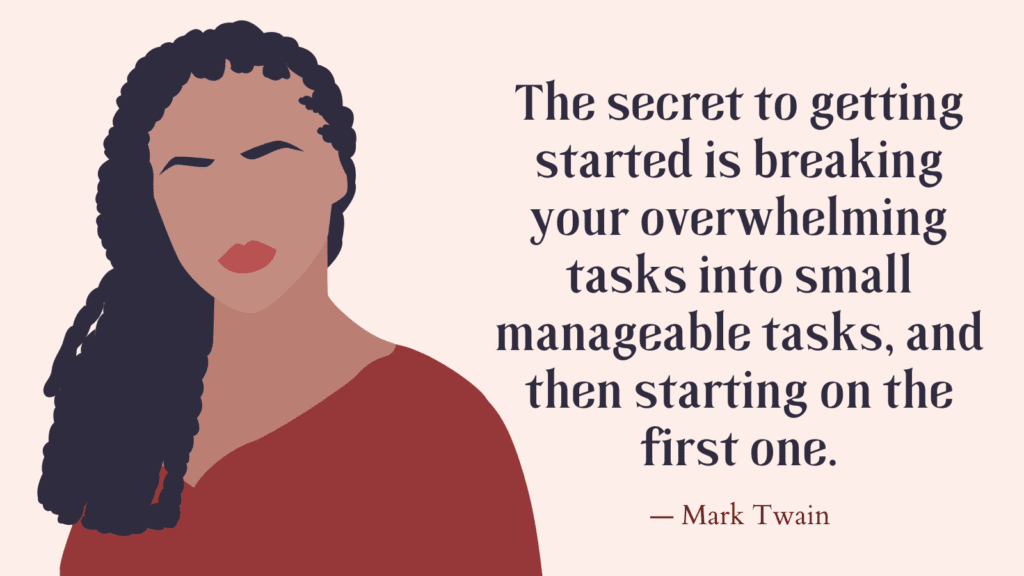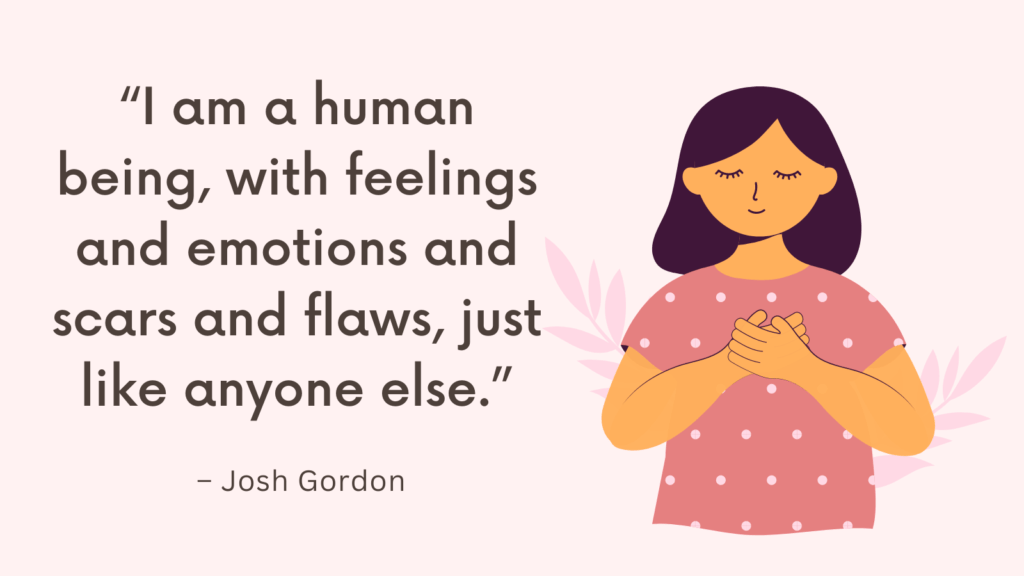In this post, you’re going to learn how to deal with rejection sensitive dysphoria.
What Is Rejection Sensitive Dysphoria?
Rejection Sensitive Dysphoria (RSD) is a psychological phenomenon that has been associated with attention-deficit/hyperactivity disorder (ADHD) and certain other mental health conditions.
It refers to an extreme emotional sensitivity and intense emotional pain in response to real or perceived rejection, criticism, or failure.
This heightened sensitivity can lead to intense feelings of distress, inadequacy, and a deep fear of abandonment or disapproval.
Individuals with Rejection Sensitive Dysphoria may experience intense emotional responses to situations that others might perceive as minor or insignificant.
These emotional reactions can be triggered by various interpersonal or performance-related experiences, such as feeling excluded from a social event, receiving critical feedback, or not meeting their own expectations.
The distress experienced as a result of RSD can be overwhelming and may lead to avoidance of social and professional opportunities, as well as significant impairment in daily functioning.
It’s important to note that Rejection Sensitive Dysphoria is not a formal diagnosis in the DSM-5 (Diagnostic and Statistical Manual of Mental Disorders), but it is a term that has gained recognition within the ADHD community and among some mental health professionals who work with individuals with ADHD.
Related: Rejection Sensitive Dysphoria Test (+FREE Worksheets)
Signs You’re Struggling with Rejection Sensitive Dysphoria?
1. You Overreact Emotionally to Small Criticisms
Even gentle feedback can feel devastating, triggering shame, anger, or the urge to withdraw completely.
2. You Fear Rejection So Much That You Avoid Opportunities
You might not apply for jobs, start relationships, or share ideas because the fear of being rejected feels unbearable.
3. You Ruminate Endlessly Over Tiny Interactions
You replay conversations, texts, or facial expressions in your mind, convinced you said or did something wrong.
4. You Feel Physically Sick After Feeling Rejected
Emotional pain from perceived rejection shows up in your body—headaches, stomachaches, fatigue, or shakiness.
5. You Experience Sudden Mood Crashes After Minor Setbacks
A small “no,” a neutral comment, or a misunderstood text can spiral you into hours or days of emotional shutdown.
6. You Struggle With Extreme People-Pleasing to Avoid Disapproval
You overextend yourself, hide your opinions, or sacrifice your needs just to avoid even the smallest risk of upsetting others.
7. You Quickly Feel Unworthy or Unlovable After Mistakes
One slip-up can trigger a flood of thoughts like “I’m a failure,” “They hate me now,” or “I ruin everything.”
8. You React With Anger or Rage When You Feel Criticized
The emotional pain can be so overwhelming that it spills out as defensiveness, arguments, or shutting down completely.
9. You Interpret Neutral Responses as Negative Judgments
If someone doesn’t respond enthusiastically or immediately, you automatically assume you’ve upset them or they’re losing interest.
10. You Feel Like Relationships Are Constantly Fragile
Even secure connections feel easily breakable, and you live in fear of being pushed away at any moment.
If you see yourself in these signs, you’re not broken or “too sensitive.” Your nervous system is reacting to emotional pain in an amplified way.
How to Deal With Rejection Sensitive Dysphoria?
While addressing RSD often benefits from the guidance of a mental health professional, there are several evidence-based approaches and practical techniques that individuals can incorporate into their self-care routine.
These strategies aim to enhance emotion regulation, promote self-compassion, and improve interpersonal interactions.
1. Psychoeducation and Self-Awareness:
Understanding the nature of RSD is a crucial initial step in managing its impact.
Learning about the relationship between ADHD and emotional dysregulation, as well as identifying personal triggers for intense emotional responses, can empower individuals to recognize and validate their experiences.
Engaging in self-reflection and journaling can aid in recognizing patterns in emotional reactivity, facilitating greater self-awareness.
2. Mindfulness and Emotion Regulation:
Practicing mindfulness meditation and deep breathing exercises can support emotional regulation by fostering present-moment awareness and reducing physiological arousal.
Mindfulness techniques encourage individuals to observe their thoughts and emotions without judgment, promoting a more balanced perspective and reducing the intensity of emotional reactions.
Related: Best 8 Mindfulness Exercises For Adults That Will Help You Regulate Your Emotions
3. Self-Compassion and Validation:
Cultivating self-compassion involves treating oneself with kindness and understanding in the face of emotional distress.
Engaging in self-soothing activities, using positive affirmations, and seeking validation from supportive sources can counteract the critical self-judgment that often accompanies RSD, fostering a more nurturing and accepting internal dialogue.
4. Assertive Communication and Boundaries:
Developing assertiveness skills can empower individuals to express their needs and boundaries in interpersonal relationships, reducing feelings of vulnerability to rejection.
Learning to communicate effectively and negotiate personal limits in social and professional settings can enhance self-confidence and diminish the impact of perceived disapproval.
5. Building a Support Network:
Seeking support from trusted friends, family members, or support groups can offer reassurance and a sense of belonging, mitigating the isolation and distress associated with RSD.
Engaging in social activities that foster positive connections and shared experiences can also contribute to a greater sense of acceptance and belonging.
6. Physical Self-Care:
Prioritizing physical self-care, such as regular exercise, adequate sleep, and a balanced diet, can positively influence emotional resilience and overall well-being.
Engaging in activities that promote relaxation, such as yoga or hobbies, can also aid in stress reduction and emotional balance.
Related: Top 45 Self Care Day Ideas at Home To Kickstart Your Self Care Ritual
7. Graded Exposure and Behavioral Activation:
Gradually exposing oneself to situations that trigger RSD, accompanied by incremental behavioral activation, can help individuals desensitize themselves to perceived rejection and build confidence in managing emotional responses.
This approach involves systematically confronting feared social or performance-related scenarios while engaging in enjoyable and rewarding activities to counteract avoidance behaviors.

Conclusion
These strategies can assist individuals in managing the impact of Rejection Sensitive Dysphoria, fostering emotional resilience, and improving their quality of life.
It’s important to remember that navigating RSD is a process that may require ongoing support and practice.



